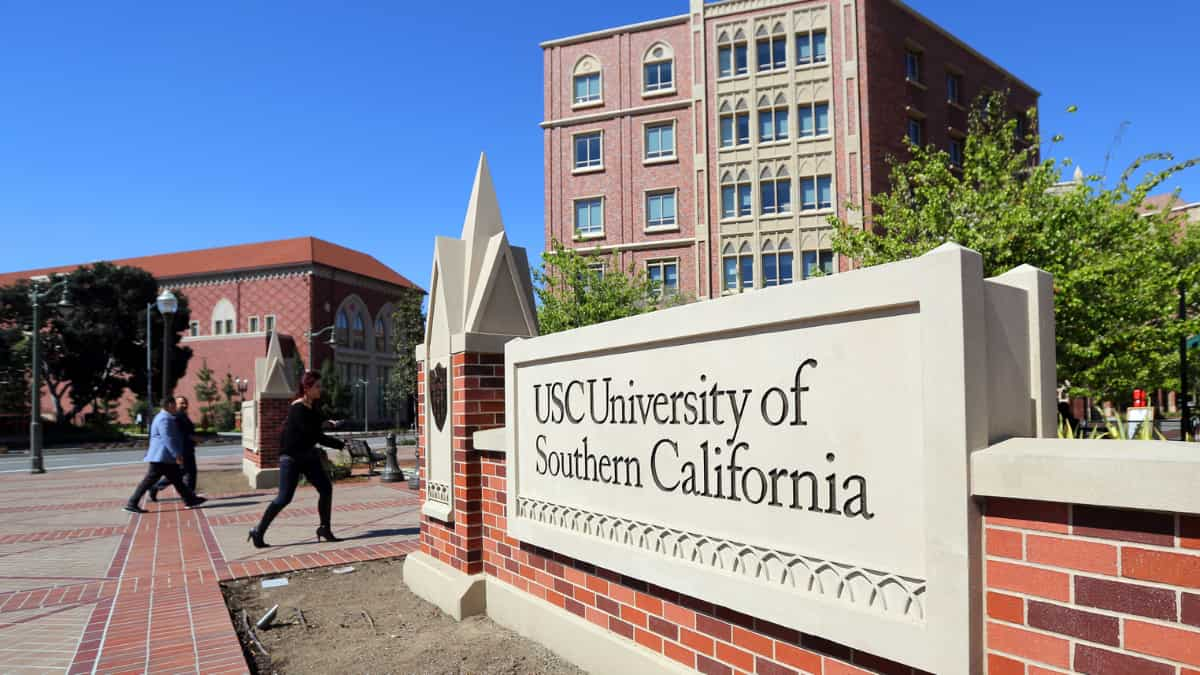University of Southern California Cancels Valedictorian’s Speech
Recently, the University of Southern California (USC) made the decision to cancel valedictorian Asna Tabassum’s commencement speech due to security concerns over her pro-Palestine stance. This move, announced by Andrew T. Guzman, provost and senior vice president for academic affairs at the private university in Los Angeles, has sparked mixed reactions.
Backlash and Criticism
The decision to cancel Tabassum’s speech was supported by pro-Israel groups but faced criticism from free speech advocates and Muslim civil rights organizations. The controversy surrounding this action raises questions about the balance between free speech and safety on university campuses.
Security Concerns and Justification
Guzman did not disclose specific threats but highlighted the risks associated with similar situations on other campuses. He mentioned that the escalating tensions fueled by social media and the ongoing Middle East conflict posed a significant risk of disruption and security threats at the commencement ceremony.
Call for Transparency
Zach Greenberg, a lawyer with the Foundation for Individual Rights and Expression, emphasized the importance of transparency in such decisions. He suggested that if cancellations are unavoidable, universities should provide clear explanations of security concerns to ensure both integrity and public safety.
Tabassum’s Response
In response to USC’s decision, Asna Tabassum, a biomedical engineering graduate with a minor in resistance to genocide, expressed shock. She criticized the university for prioritizing its public image over her commitment to human rights. Tabassum denied any knowledge of specific threats and attributed the decision to “anti-Muslim and anti-Palestinian hatred.”
Nationwide Impact
The USC’s announcement coincided with pro-Palestinian demonstrations in various states, leading to road blockades and disruptions. These events underscore the broader implications of the Israel-Hamas conflict and its impact on academic and public discourse.
















































